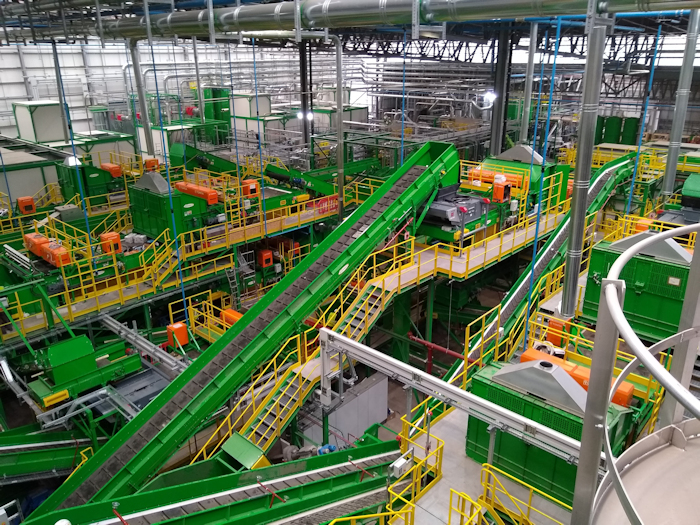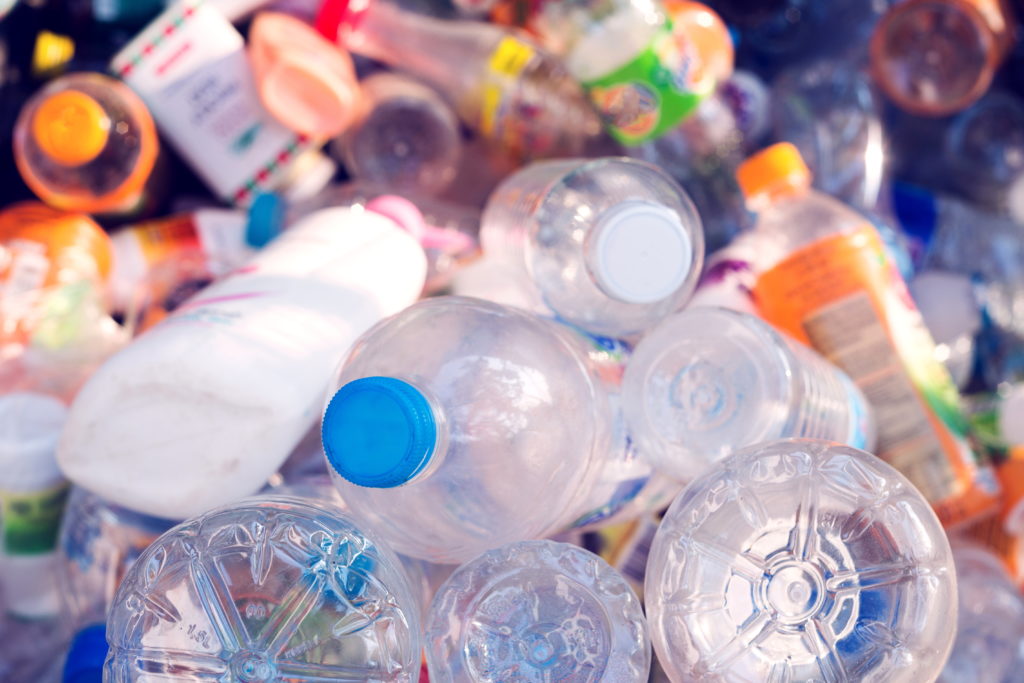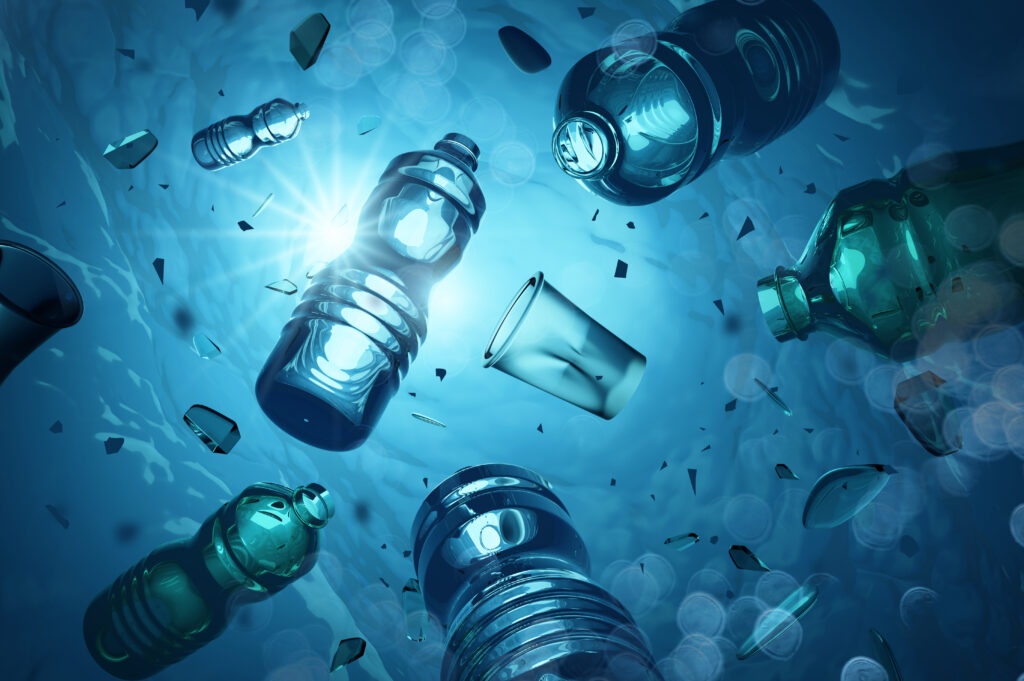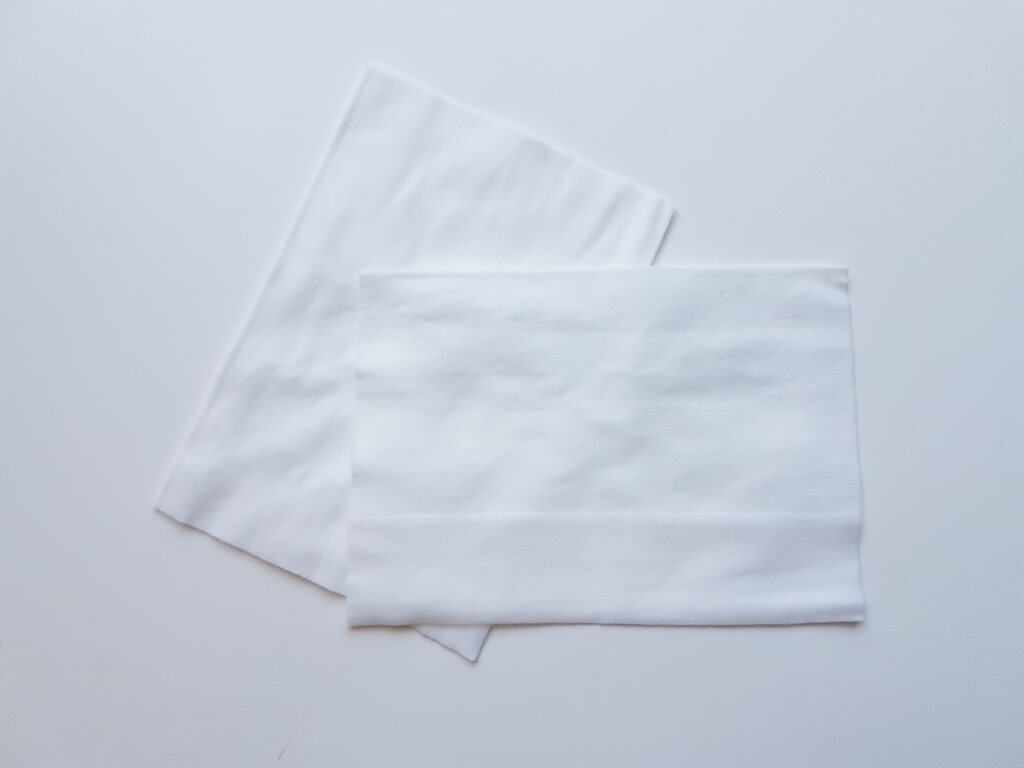The charity also said the banning the export of plastic waste would lead to a “backlog” of material in the UK, instead suggesting a “phased” rollout of a ban to both OECD and non-OECD countries.
For recycling, mechanical recycling is the most beneficial providing the final product is of virgin quality.
The findings were published in the charity’s report published yesterday (13 December). It aims to provide an overview of current waste management practices for plastic waste in the UK and critically reviews end of life plastic waste life cycle assessments.
It aims to highlight best practice waste management methods for the material.
Mechanical recycling appears to be the most beneficial end-of-life treatment
- WRAP
Methods
The report provided an overview of different recycling methods for plastics, and found that overall, mechanical recycling “appears to be the most beneficial end-of-life treatment for all polymers”.
For mixed plastic waste, pyrolysis was favoured in some cases, but this was “only favourable when… a low percentage of recycled products can be sold as substitutes of virgin materials”.
And, mechanical recycling comes out on top providing it produces virgin-quality recyclate. “Poor quality of recyclate in mechanical recycling would result in the impact of mechanical recycling being higher than for pyrolysis,” the report added.
Treatment
In terms of treatment for plastics, the report finds that landfill is consistently the option with the greatest environmental burdens in most cases across all polymers, followed by incineration.

This comes despite some suggestions that plastics are better in landfill than through an EfW plant.
On this, WRAP said the importance of the timeframe chosen was key throughout this analysis, with the standard shorter timeframes (100 years) not considering long term emissions from landfill.
“This could mean that for studies not considering infinite timeframes, landfill is likely to perform better in terms of greenhouse gas emissions when this is perhaps not the case when considering the full eventual decomposition,” it added.
Outlook
Looking forward, WRAP said in its report that chemical recycling at scale could create markets for polymers less commonly recycled, and create materials suitable for a wide range of applications.
It also said banning of waste exports could lead to opportunities to increase domestic recycling, but said an outright ban may lead to a backlog of waste. A phased ban could minimise disruption, but this should cover all countries.
The report also called for improved reporting information for non-packaging plastics. There is currently little or no regulation mandating this, making identification of the amount on the market, flow, waste arisings difficult.










Subscribe for free